"It is a very promising omen when entering a scholarly institution to be greeted in the foyer by Ludwig the Bavarian." With these words and a handshake for all the staff began Bernd Sibler, Bavarian State Minister of Science and Arts, his speech inaugurating the jubilee year at the MGH.
Minister Sibler, who himself studied Medieval history in Passau, visited the institute on 11 January 2019 to co-sign a target agreement together with MGH president prof. dr. Martina Hartmann aimed at fortifying and orienting the long standing institution for a bright future. "With our target agreement, we underline the importance of the Monumenta Germaniae Historica for the Free State of Bavaria and clearly acknowledge our duty to cultivate our collective historical memory," said Minister Sibler. "With our signatures, we set foot together on the path to the future." The Ministry of Science and Arts has assured the MGH of the means in order to securely plan that future and remain competitive, while the MGH intends to invest more in public relations, the advancement of young scholars and women, and digitization.
In her welcome speech, prof. dr. Martina Hartmann emphasized that work on historical source material is today more important than ever before. "The MGH provide historical scholarship with a scientifically valid foundation." Quoting the founder of the MGH, Heinrich Friedrich Karl Freiherr vom und zum Stein (1757-1831), who in his day critically observed that governments had more interest in the natural sciences than in historical research, Hartmann's speech evoked amused reactions: "Judging by the direction being taken by the activities and funds of our governments and academies, one might well believe that the natural histories of Brasil, Egypt, Nubia and the Cape of Good Hope, the apes, the hummingbirds and the gazelles all deserve more national interest as our nation's own history. Munich, Berlin and Vienna have enormous sums of money to spend on the study of natural history, but nothing for the history of the Fatherland!"
Speaking after the signing ceremony, Minister Sibler proposed ways of stimulating public interest in Medieval history. "It is essential that we explain the importance of the Middle Ages and encourage discourse," he said and suggested that good cooperation between the historical sciences and the information technologies would play a central role in this strategy. In individual discussions with MGH scholars, the minister informed himself about the various areas of work and prized the MGH as an "internationally highly esteemed institution engaged in researching an important period of our past and making it accessible to us."
On a tour through the institute with its archive and library, Minister Sibler paused to take the 1971 volume of the Historische Zeitschrift from the shelf and study the table of contents: "Let's see what was published in my year of birth." Historical study is a passion which leaves no one cold who has once learned to love it.


